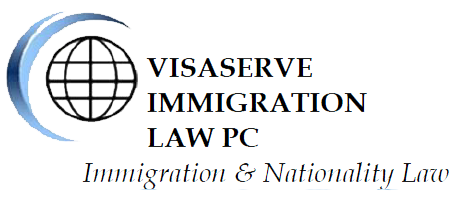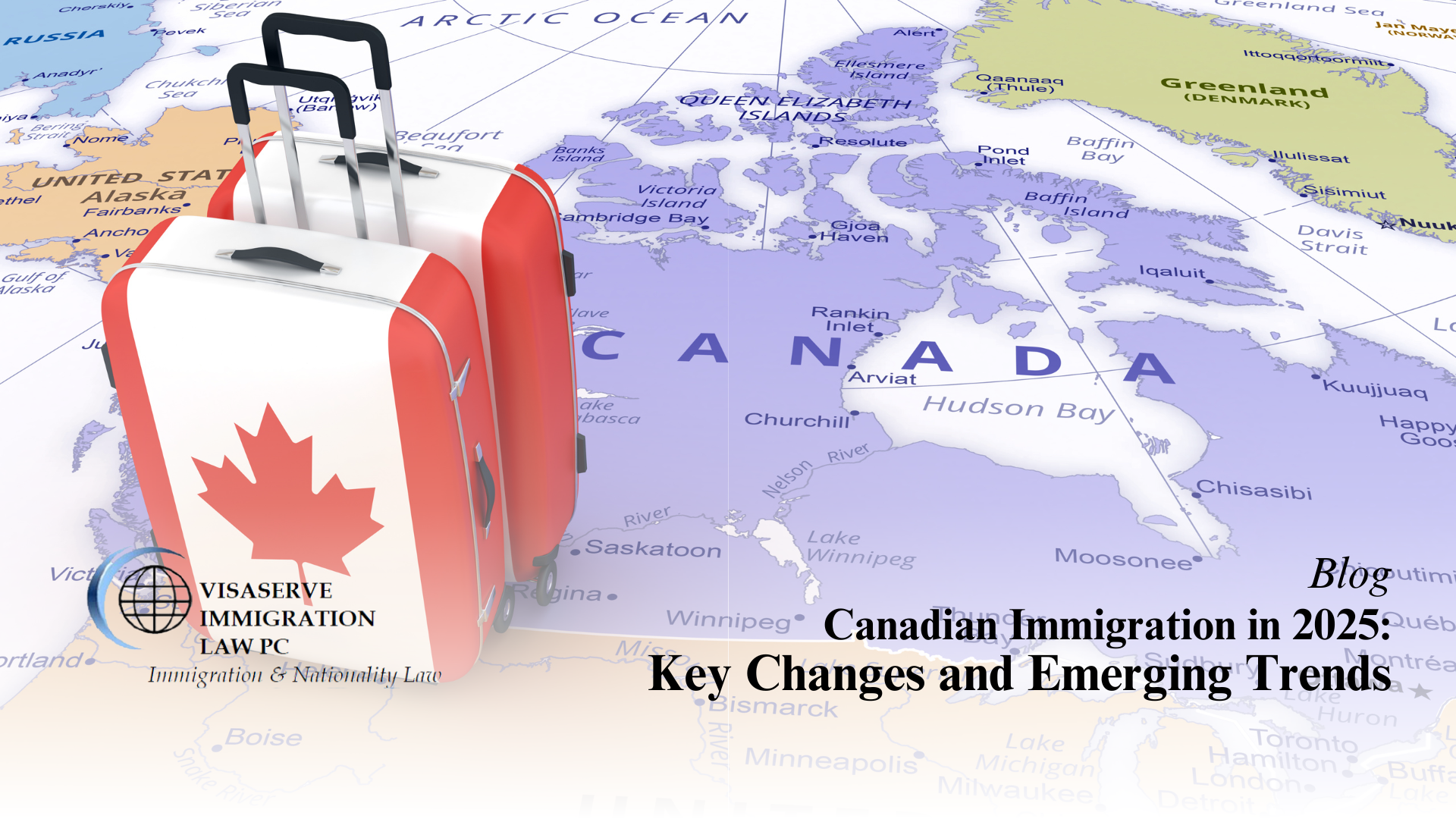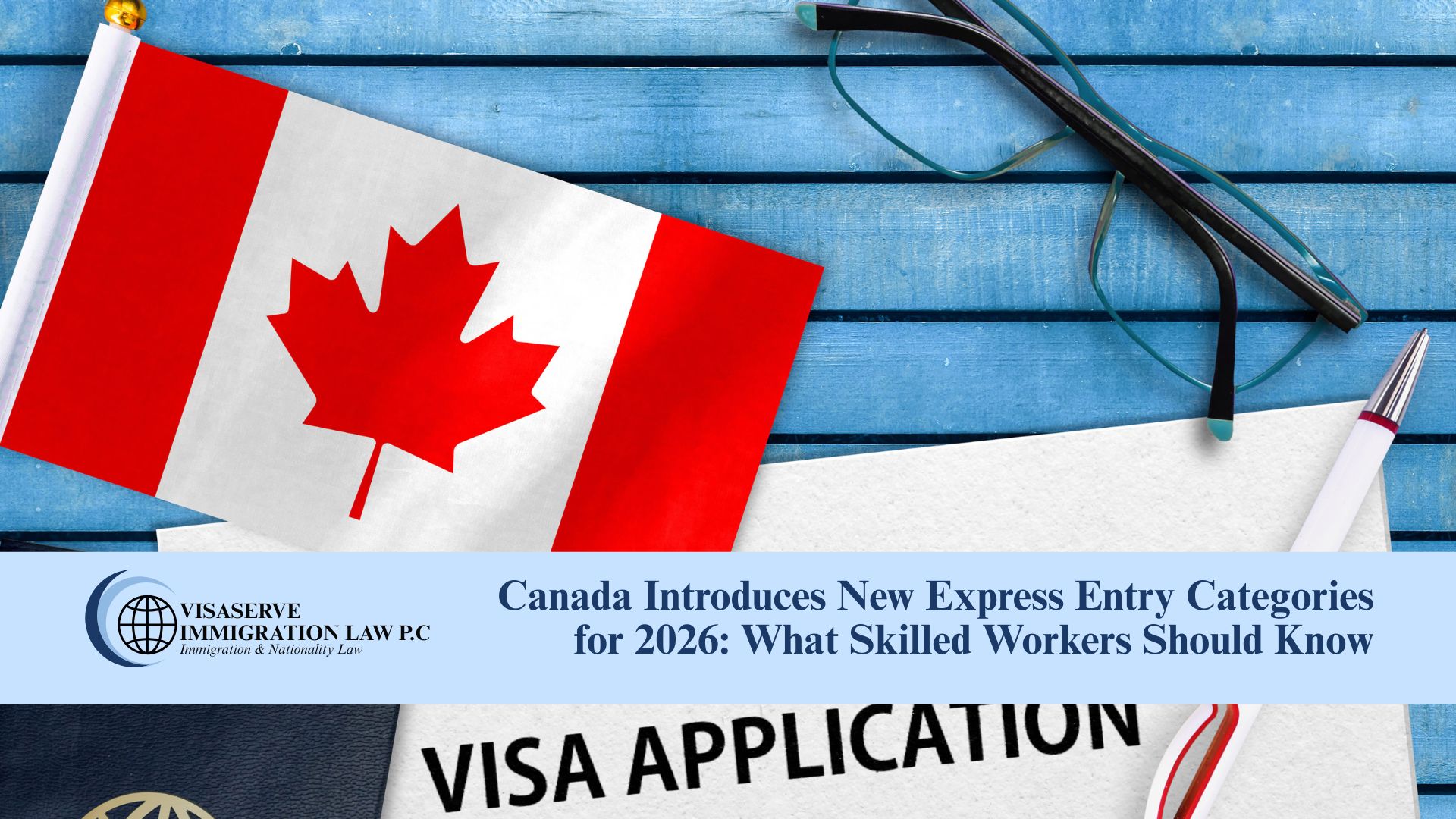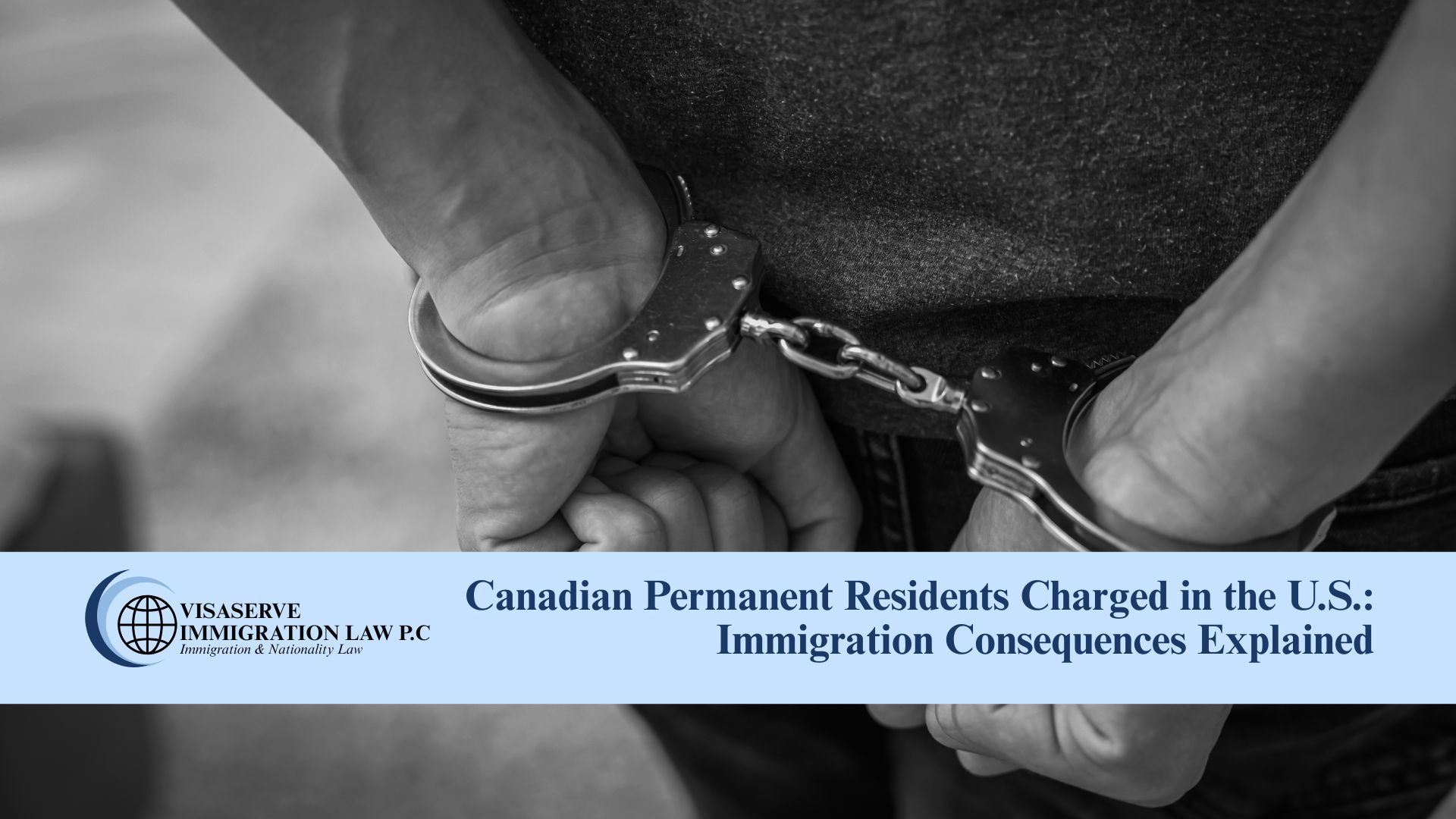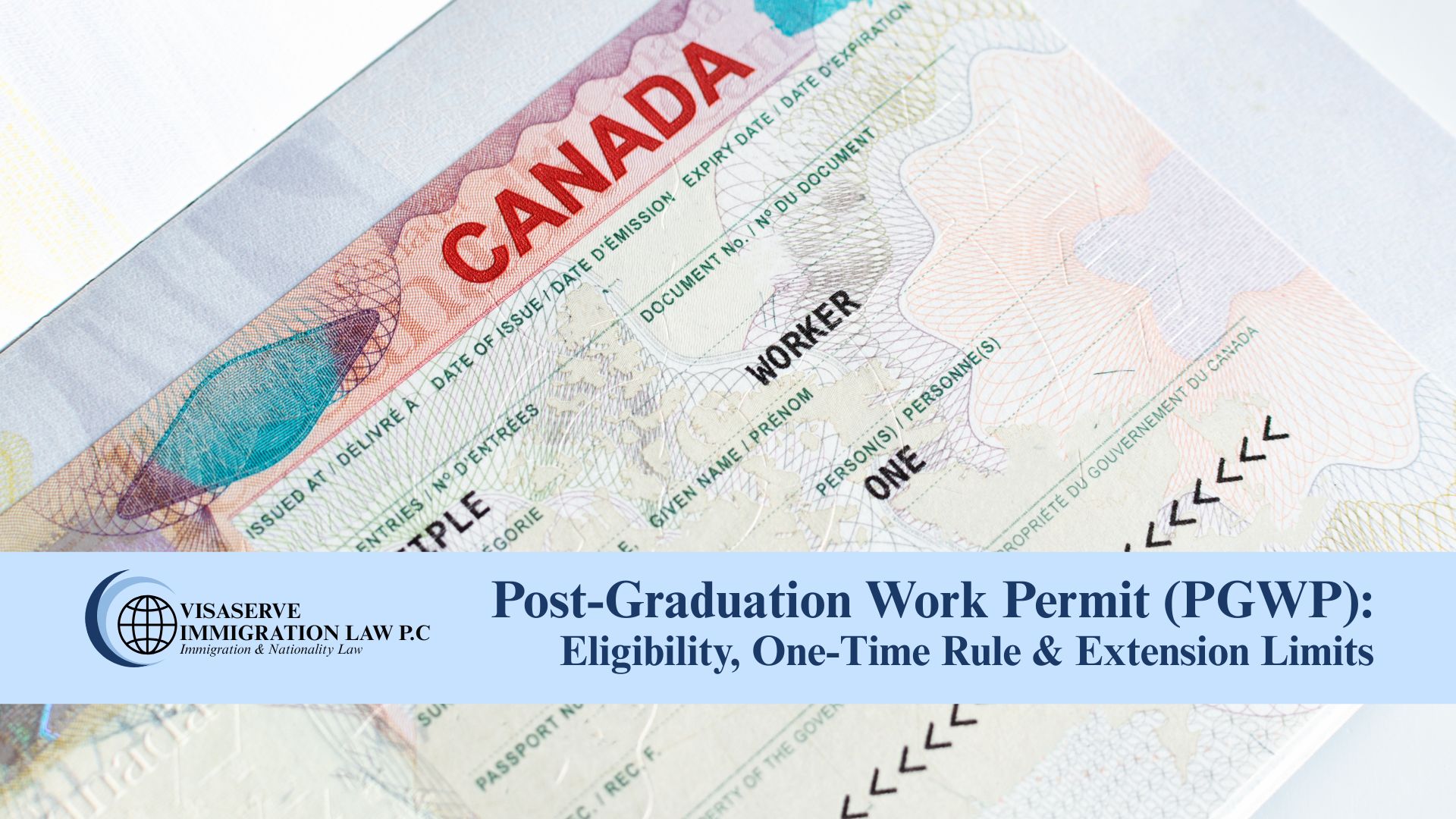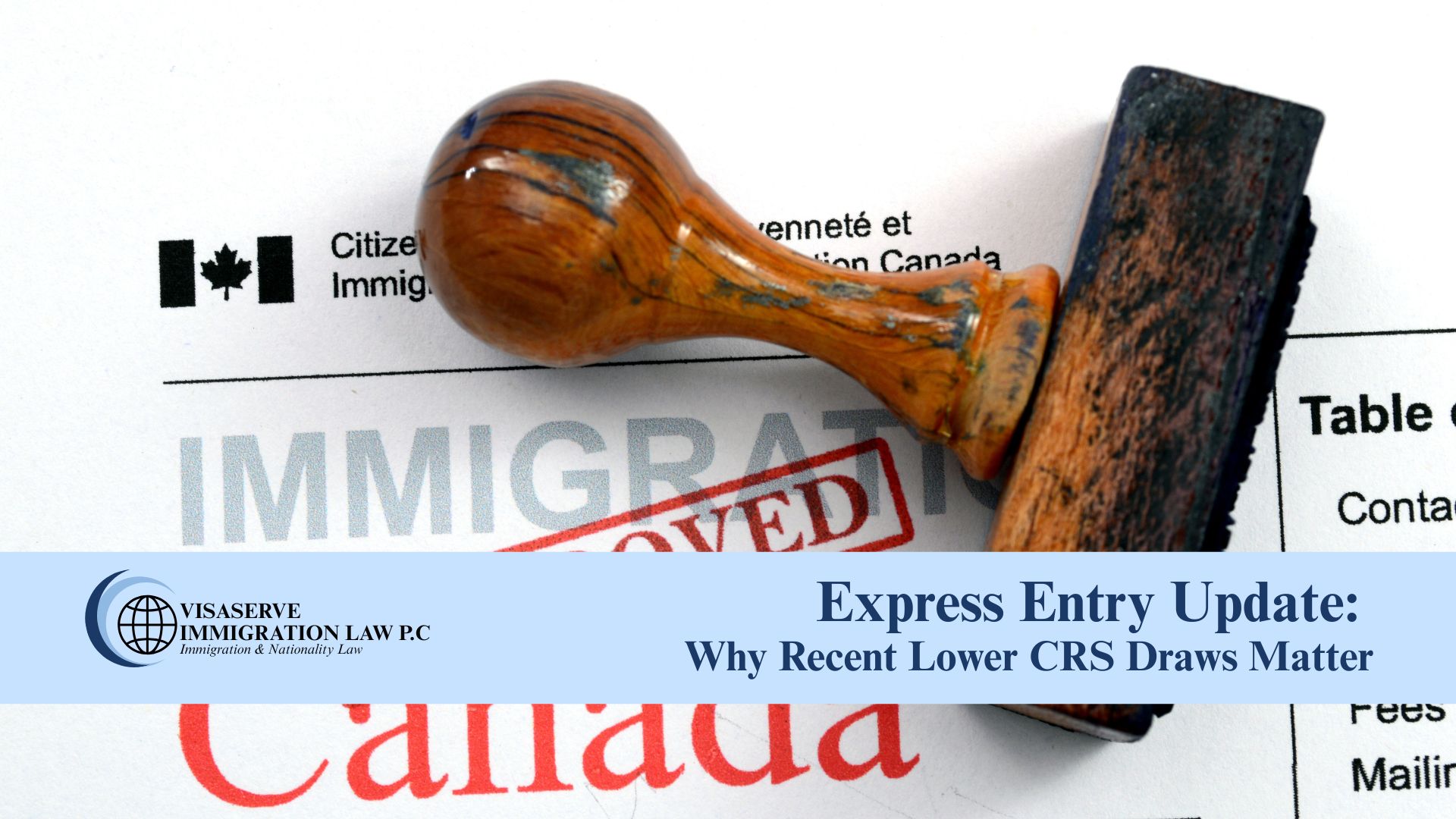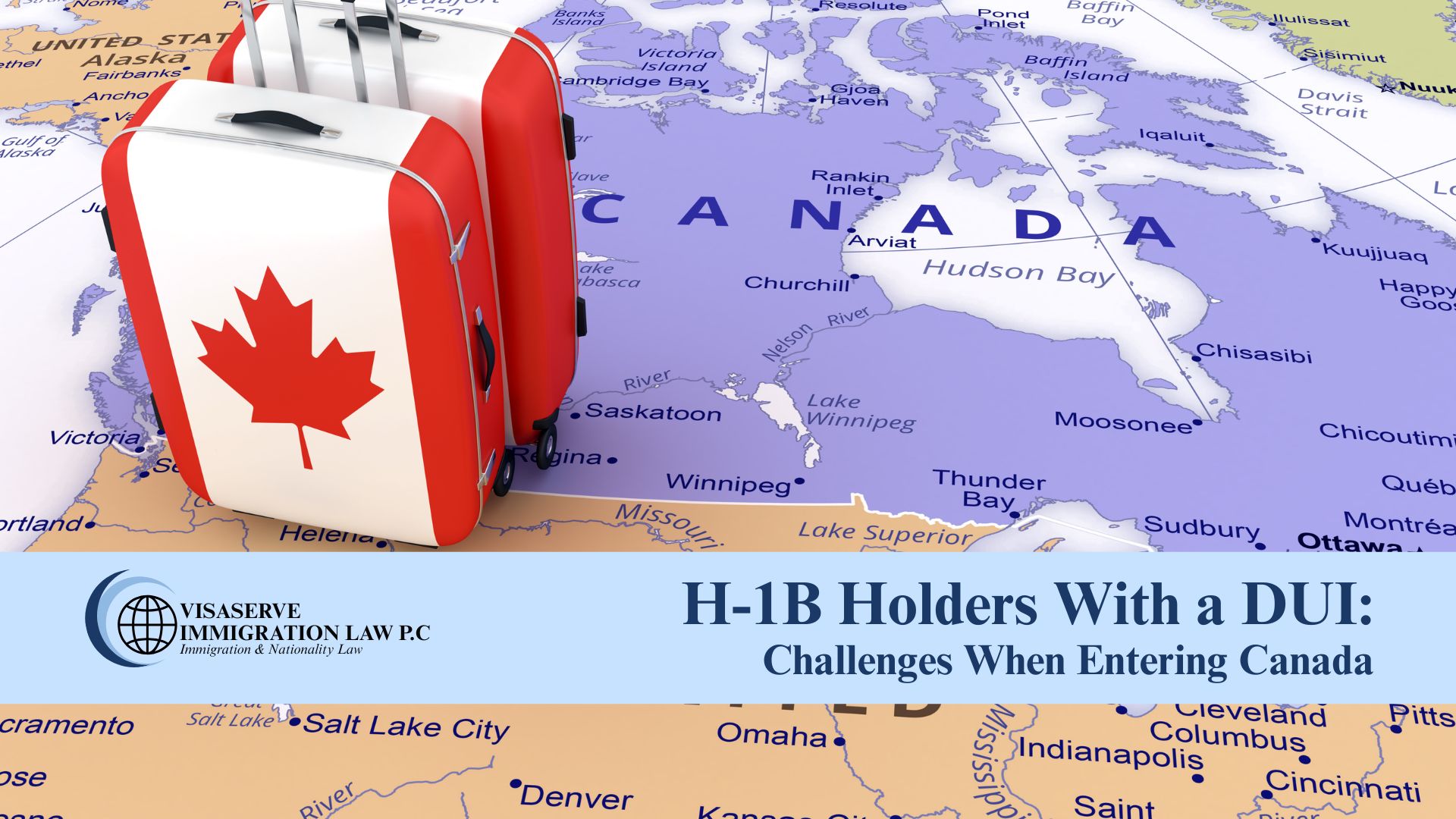As we enter 2025, Canadian immigration policies are poised for transformation to address evolving domestic and global needs. From adjustments in immigration targets to new pilot programs and technological advancements, the landscape is rapidly shifting. Here’s an overview of the key priorities and changes to watch for this year.
1. Adjustments to Immigration Levels and Targets
Canada’s Immigration Levels Plan for 2025-2027 outlines significant reductions in immigration targets. In 2025, the plan anticipates admitting 395,000 permanent residents—105,000 fewer than previously projected.
Key Highlights:
- Economic Streams: Focus remains on skilled workers, especially in critical sectors like healthcare and skilled trades.
- Temporary Residents: The population of temporary residents is expected to decrease, with stricter measures around work and study permits, and revised cost-of-living requirements for international students.
These reductions reflect a strategic effort to balance population growth and economic needs while addressing labor shortages.
2. Revisions to Express Entry: Removing Job Offer Points
To combat fraud and ensure fairness, Express Entry will no longer award additional points for job offers starting spring 2025. This change aims to reduce the misuse of Labor Market Impact Assessments (LMIAs) and improve transparency in the system. Candidates currently in the pool with job offers will not be affected until the changes take effect.
3. Enhanced Measures Against Immigration Fraud
Canada plans to implement stricter regulations to curb immigration fraud. Proposed changes to the Immigration and Refugee Protection Act will allow Immigration, Refugees and Citizenship Canada (IRCC) to:
- Cancel or suspend fraudulent immigration documents.
- Halt new applications tied to mass fraud cases.
Expect tougher penalties for unethical immigration practitioners as Canada prioritizes protecting immigrants from exploitation.
4. Streamlining Border Processes: Reduced Flagpoling
Flagpoling—using the border to expedite work or study permit issuance—will face tighter restrictions. While some exceptions will remain, most applications for new or extended permits must now be submitted online.
5. Promoting Francophone Immigration
Canada is intensifying its focus on Francophone immigration with higher targets for French-speaking permanent residents outside Quebec. Initiatives include:
- The Francophone Mobility Program.
- A new Francophone Community Immigration Pilot launching in 2025.
- Category-based draws in Express Entry for French speakers.
These efforts aim to bolster Canada’s Francophone communities and promote linguistic diversity.
6. Introduction of New Immigration Pilots
Canada is rolling out innovative pilot programs to address workforce gaps:
- Enhanced Caregiver Pilots: Providing permanent residency (PR) upon arrival for home care workers and expanding work opportunities to part-time and semi-independent care roles.
- Rural Community Immigration Pilot: Building on the success of the Rural and Northern Immigration Pilot, this program will help small communities attract and retain talent.
Provincial governments, like Manitoba, are also launching localized initiatives to address regional labor shortages.
7. Second-Generation Citizenship Amendments
Proposed amendments to Canada’s Citizenship Act aim to remove the limitation on passing citizenship to children born abroad after the first generation. A “substantial connection” test, requiring parents to have lived in Canada for at least three years, is expected to be introduced.
8. Technology and Artificial Intelligence in Immigration
2025 will see increased use of AI and technology by IRCC to streamline immigration processes, including:
- A new online client portal offering real-time updates and transparency.
- The CBSA’s ReportIn app, utilizing facial recognition and geolocation to track individuals under immigration conditions.
These advancements promise efficiency but also raise questions about privacy and procedural fairness.
9. Addressing the Parents and Grandparents Sponsorship Program (PGP) Backlog
Due to a backlog of applications, IRCC plans to process only 15,000 PGP applications submitted in 2024. Unless further instructions are issued, no new applications will be accepted in 2025. This program remains highly competitive, and prospective sponsors should stay informed about any updates.
10. Expanding Federal Court Pilot Projects
In response to increasing judicial review applications, Canada’s Federal Court is likely to expand pilot projects aimed at expediting case reviews. The Study Permit Pilot Project, introduced in 2024, reduced review times from 14-18 months to just 5 months. Similar initiatives for other immigration categories could follow.
Partnering with NPZ Law Group for Canadian Immigration Success
Navigating evolving Canadian immigration landscape requires expert guidance. Whether you’re an individual exploring pathways to PR or a business managing global mobility needs, NPZ Law Group is here to help. Contact us today to stay ahead of policy changes and make informed decisions.
Contact us today at info@visaserve.ca or 905-203-2266. Stay connected with VISASERVE to stay informed about your immigration options and receive expert support tailored to your needs.
